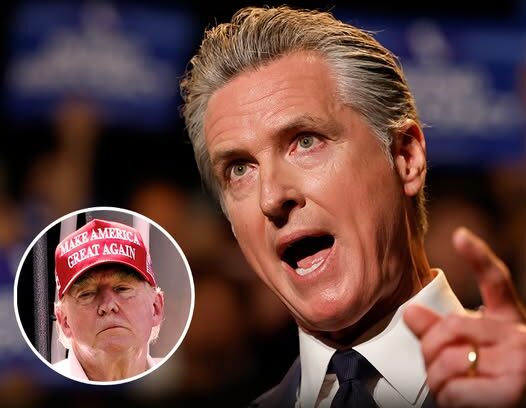The tension between California and Washington has reached a boiling point. Governor Gavin Newsom announced that the state is prepared to “immediately” take legal action if the federal government moves forward with deploying National Guard troops to San Francisco. The announcement follows reports that former President Donald Trump’s team is weighing the use of federalized troops in the city — a move that Newsom warned would be “a direct assault on the rule of law.” The governor’s declaration ignited a national debate about state sovereignty, constitutional limits, and the fine line between protection and overreach.
California’s top legal officials — including Attorney General Rob Bonta and San Francisco City Attorney David Chiu — have already filed multiple challenges against prior federal efforts to place state Guard units under federal command. In a joint statement, they argued that allowing federal troops into San Francisco without state approval would undermine both the state’s authority and public trust. The issue has already seen legal action: in mid-2025, a federal judge ruled that a previous attempt to federalize part of California’s Guard violated the Tenth Amendment. Although the decision was later stayed by the Ninth Circuit Court of Appeals, the ruling signaled that the courts are deeply divided on how far presidential authority extends in such matters.
The White House, however, maintains that under specific statutes, the president has the power to federalize the National Guard when federal property or personnel are at risk. Supporters of this approach argue that in times of security threats, the federal government must retain the ability to act swiftly. Critics counter that such actions set a dangerous precedent, eroding the boundaries that separate federal power from state governance — a cornerstone of the American system. For California, the issue is about far more than one deployment; it’s about defending its right to self-govern and to determine how law enforcement operates within its borders.
At its core, this standoff represents a deeper question about democracy itself: Who decides when security justifies force within a state? As both sides prepare for what could become a landmark constitutional showdown, the nation watches closely. Whether the dispute ends in compromise or a Supreme Court ruling, the outcome will shape how America defines the balance between federal power and state autonomy — and what it truly means to protect both freedom and order on home soil.


